5 Novels to Encapsulate the American Experience
How would you summarize the American experience using five books?
Today, I’m posing a question. If you had to pick five novels to encapsulate the American experience, what would they be and why?
A few weeks ago, I came across the Atlantic’s list of Great American Novels. There were many on here that I had read (Watchmen, Fahrenheit 451, Kindred) and many that I already have waiting on my growing TBR list (Nella Larsen’s Passing, Paul Beatty’s The Sellout, Donna Tartt’s The Secret History). The list itself runs 136 books long. Not that I doubt my ability to read 136 books, but perhaps I couldn’t do it so quickly. It might take me ten years to do it.
Which then made me consider this question. If I could only pick five, what would they be? Since moving to France, I’ve often wondered what would be the important parts of American culture to show my French friends. If I ever brought a French friend on a trip to America, what would be the most important things to show them? This exercise is an extension of that question. How can I summarize what my country means to me? What is, in my point of view, the American experience, as exhibited by novels from great storytellers?
The nature of this very question means that everyone’s answer will be different. (And I love that.) I asked a friend what her five would be and she gave me five categories rather than books, allotting one book for each of the following: manifest destiny, slavery, the American dream and capitalism, diversity and individualism, and immigration vs nativism. In the end, my list takes the shape of these categories:
The Black American Experience
War and Capitalism
Cultural Crossovers (with a heavy dash of sports)
The Wild West
Science Fiction
I recommend all of the following books with all my heart. But beware. Upon reflection, I realize that I seem to like rather long books. The shortest novel here is 453 pages and the longest reaches a whopping 843.
INVISIBLE MAN by Ralph Ellison
This epic tale follows an unnamed protagonist through several eras of his existence as a Black man in America –– from his education at a Black college to his job at an industrial factory to a sojourn into activism led by white men. And through all of these experiences, he gleans that he is an invisible man. Unseen by people in society. Caught in these ridiculous situations, Invisible Man continues to be relevant 80 years after its publication as it highlights the paradoxical nature of racism and the strange way it propagates. Every vignette is somehow crazier than the last, and each experience slowly proves his bleak point that he is invisible in the world. The novel also has moments of straight up comedy and, in that way, it feels like a predecessor to ATLANTA.
The 500+ page book reveals much about racism and the Black experience in America. Despite the novel being published in 1952, much of the narrative still rings true today. It is a must read. I suppose that’s why they call it a classic.
Bonus anecdote: A few years back, I was bumming around bookstores in Washington, DC and decided to strike up conversation with the bookseller (a favorite pastime). I told him three of my favorite books and then said: what would you recommend? He instantly said Invisible Man and I said, a bit glumly, “yeah, I haven’t read it, I know I should.” And he waved his hand intensely to stop me. He looked me dead in the eyes and said, “it’s okay. There’s still time.”
CATCH-22 by Joseph Heller
Heller’s satire on World War II both illuminates the horror of war and pokes perfect fun at the… well… Catch-22 of it all (damned if you do, damned if you don’t). The novel covers a multitude of themes through a large ensemble of characters, but I was most compelled by the theme of capitalism and profits from war. One of the characters, Milo, founds a syndicate that makes no sense. Somehow, in the midst of this war, he’s able to fly eggs from one city in Italy to another in Malta and trade them for something else and then buy them back for cheaper and—against all reason—he turns a profit. The utter insanity of it all is not only hilarious but highlights how the convoluted, impossible to comprehend structures of capitalism work against the average man for one person, like Milo, to profit largely.
In terms of great American literature, this novel deeply explores war and capitalism: two things the United States knows far too much about.
FIREKEEPER’S DAUGHTER by Angeline Boulley
A meth epidemic rolls through a small town in Michigan in the early 2000s, threatening the prospects for their star hockey team. The novel follows Daunis, a half white, half Native American teenage girl who finds herself in the unique position to investigate who is behind the meth epidemic plaguing her town. One of the more powerful books I’ve read recently, Firekeeper’s Daughter has range, covering murder, mystery, romance, race dynamics, and sports.
The novel encapsulates the American experience from two important angles. Firstly, America is a melting pot and this novel explores the intersection of cultures. With a mixed-race protagonist, the novel unpacks what it means to have family from two different racial backgrounds and what it means to be caught in the middle of that dynamic. Secondly, the novel underscores how important sports are to American society. Even though the sport at hand is hockey (rather than football, basketball, or baseball), the novel nevertheless shows how sports at all levels are integral to American communities.
LONESOME DOVE by Larry McMurtry
Two retired Texas Rangers decide to drive a herd of cattle north to Montana to settle on a ranch. In this sweeping journey across hundreds of miles, this Western adventure brings characters from all walks of life together –– the hardened ranger, the charismatic ranger, the prostitute hoping for a better life, the hopeless-romantic and boyish cowboy, the French man running the saloon, and the Mexican bandit-turned-cook –– to fulfill a sort of personal manifest destiny. The trek to form a Montana ranch embodies an American dream to establish something for oneself. Lonesome Dove fills every page with drama, a treacherous path, and characters worth rooting for.
The story shows the foundation of America from the perspective of the wild, wild west. It walks us through the vast expanse and reminds us of our country’s roots, including its ugly parts. On their journey from Texas to Montana, we understand the genocide that took place on these lands and the hard life that follows for anyone who manages to survive the harsh conditions of the Western territories.
JURASSIC PARK by MICHAEL CRICHTON
I could go on for ages about Michael Crichton and how much I adore his style of writing. Jurassic Park is a classic in its own right, despite being a fun, mass market, science fiction read. It explores the ethics of creation and tells a thinly-veiled message through the action-packed adventure of scientists, archeologists, and mathematicians alike as they try to escape what is both their greatest dream and greatest nightmare: real life dinosaurs.
Crichton’s ability to leverage mass-market science fiction to deliver messages about society is unparalleled. In the same way that Heller and Ellison saw the staying power of their own stories and how the effects of capitalism and racism in America would live beyond their moment, Crichton uses genre and thrilling escapades to illustrate how he envisioned the future of science. (In the original Westworld from 1973, which Crichton wrote and directed, one of the characters notes that the park hadn’t figured out how to properly recreate hands on the human-like robots. It reminds me of the current state of AI, which can’t seem to figure out hands.)
Together, these five books paint of picture of an America that is home to many, and yet far from perfect. These novels portray characters from a wide range of backgrounds that find home on American soil and illustrate the history that contextualizes our society today. If those books seem up your alley, I’ll add three more bonus books to round out works of American literature that I absolutely adore.
The Goldfinch by Donna Tartt
Grapes of Wrath by John Steinbeck
The Amazing Adventures of Kavalier and Clay by Michael Chabon
What are your five books that encapsulate the American experience? Please tell me. Not only am I dying to know, but I’m always eager to add a book that comes with a solid recommendation to my TBR.
Until next time,
Carrington

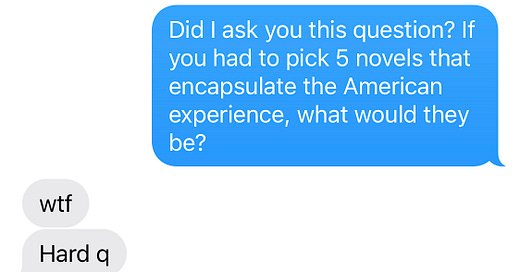




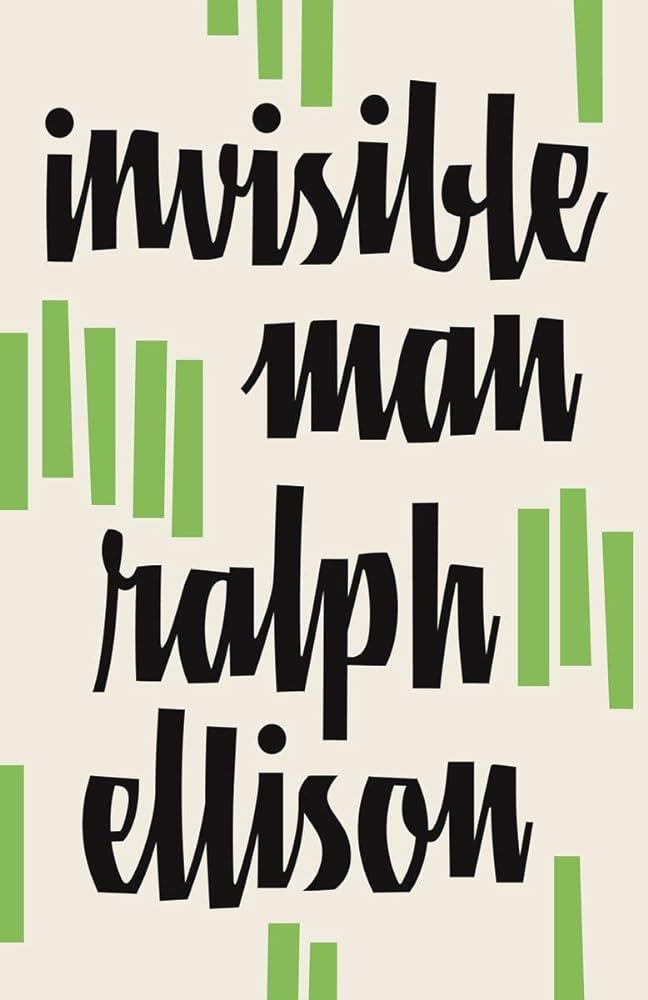
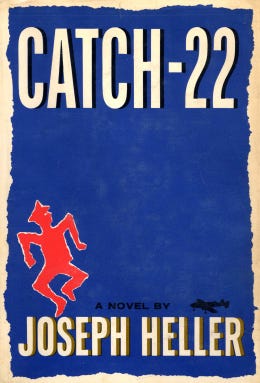

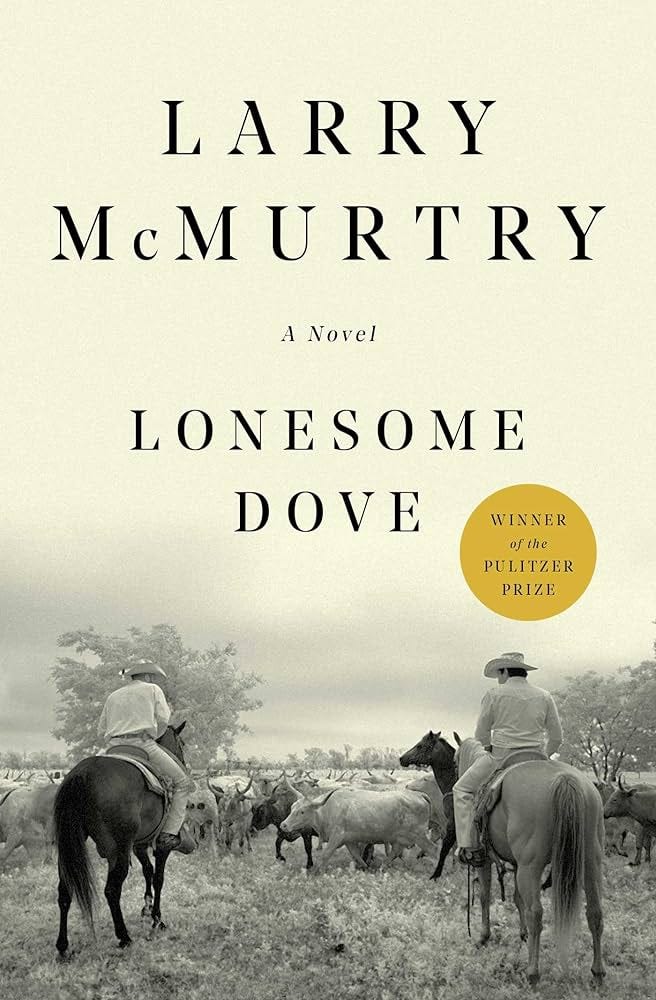
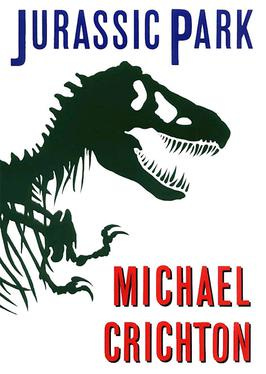
To Kill a Mocking Bird
Beloved
The Brief Wondrous Life of Oscar Wao